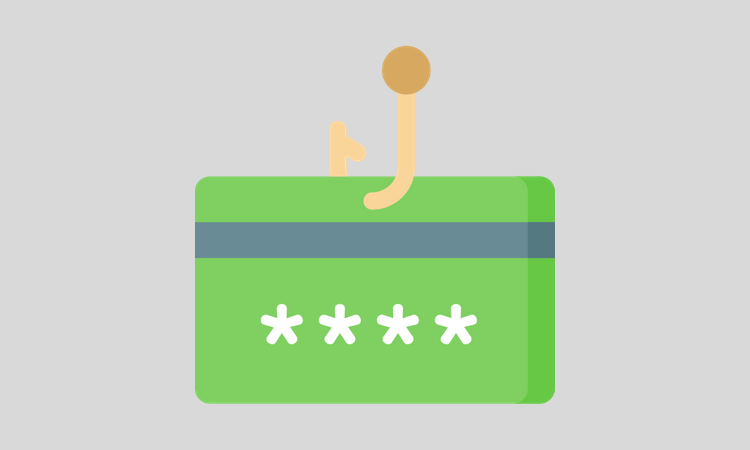Member Exclusive, Payments
Reloadable prepaid cards act as a fertile platform for innovation
- The reloadable prepaid card market was robust before new retailers joined in.
- An increasing number of brands are issuing them to engage with their customers.









